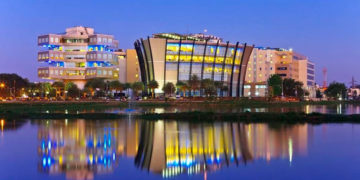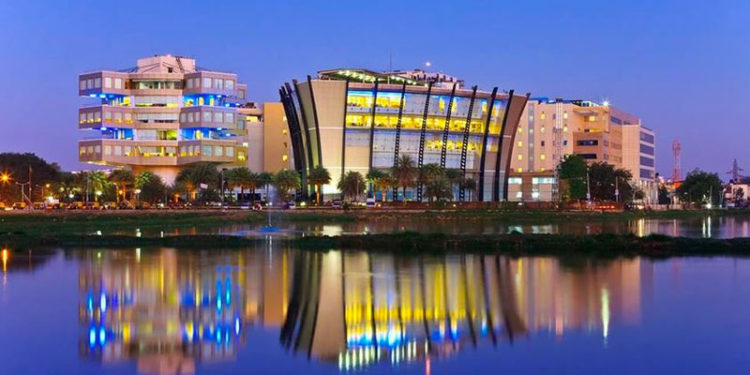They didn’t just send us Kurt Cobain and The Simpsons in the early 1990s. It gave us an invaluable thing—the Internet. A profound transformative movement came with the Internet-the technological revolution. Since then, a slew of new inventions and mind-blowing developments have been seen across the globe every decade.
1.Millennial Workforce & Start-up Culture
In the last two decades, innovation in India has increased leaps and bounds, despite the economic constraints that come with being a “developing country.” With no education from the Ivy League, and no accelerators or incubators, Indian business leaders have always had to struggle against all the odds to carry their culture to the height of today. The struggles they faced along the way are what made them become strong leaders with a passion to build prosperous IT businesses. The IT scene today in Bangalore is one that boasts a powerful sense of entrepreneurship. To develop their start-up culture from the ground up, Bangalorean entrepreneurs depend on their expertise, endurance, and tenacity.
2.The Growth Of IT Giants
While Bangalore is the world’s third-largest start-up ecosystem, many multinational companies have been motivated by the benefits of the city’s infrastructure and abundance of resources to follow suit and locate their headquarters in the city. Today, as the standard-bearers that keep the culture vital and growing, these firms serve as models for success. Flipkart, for example, which was established in Bangalore in 2007, currently has a $20 billion market valuation! CNBC was named one of the top disruptors of 2019 by another unicorn venture, Inmobi, which deals with automation and artificial intelligence. Companies like Cognizant, Texas Instruments, Wipro, Microsoft, and SAP Labs all have their R&D centers in the region, except for global titans like Amazon and Uber, suggesting the lucrative ecosystem in Bangalore. This trend is only going to get more famous in 2020.
3.AI-powered robots
The World Economic Forum’s (WEF) Future of Jobs 2018 study indicates that 75 million jobs will be lost to automation by 2022, but adds that 133 million additional new positions will be generated. This will mean that many of the automated work vacancies would be replaced by powered chatbots and intelligent robots. Does that mean you’re going to work for a robot? Probably! The prospects are really infinite. What is important to note is that some type of AI has been adopted by 78 percent of Indian IT companies to build more productive processes, leaving countries like France and Japan behind by a long shot.
4.Offshore Software Development
With more and more tech companies battling to beat the talent shortage in Western Europe, the production of offshore apps is just the response they are looking for. In recent years, the global offshoring market has been growing gradually, and this trend is only expected to continue in 2021. By moving offshore to a country like India, where technology is continuously changing, by setting up their own global R&D center, businesses can exploit the vast talent pool and lower operating costs. India is a nation that annually produces 1.5 million engineers, a number that is rising exponentially with each passing year. In such a case, it is no longer a daunting challenge to find the best engineers with years of experience under their belt and a hunger for information. Keep your options open in 2020, since Bangalore is at the top of the list of IT offshoring destinations in the Silicon Valley of Asia.
5. Tech Conferences & Knowledge Exchange
Each conference helps you learn new technological tricks you might never have heard of before. It also allows you to gain insight into how other businesses handle their jobs and ventures, and what works for them might also work for you! Often what you really need is a new outlook. Conferences are also a fantastic way of meeting new people, debating the latest technology, keeping up to date on legal problems that can impact the tech industry, or even meeting potential new employees.








































































Discussion about this post